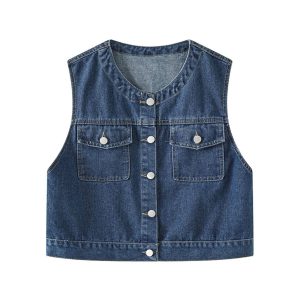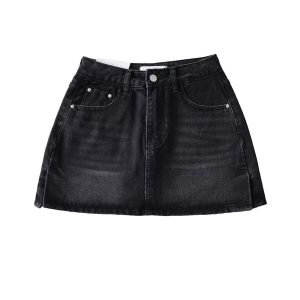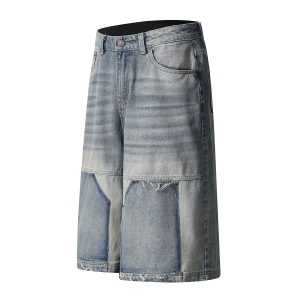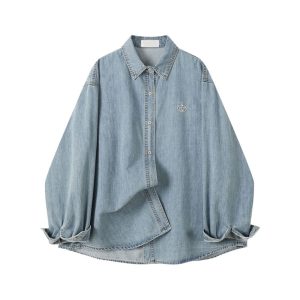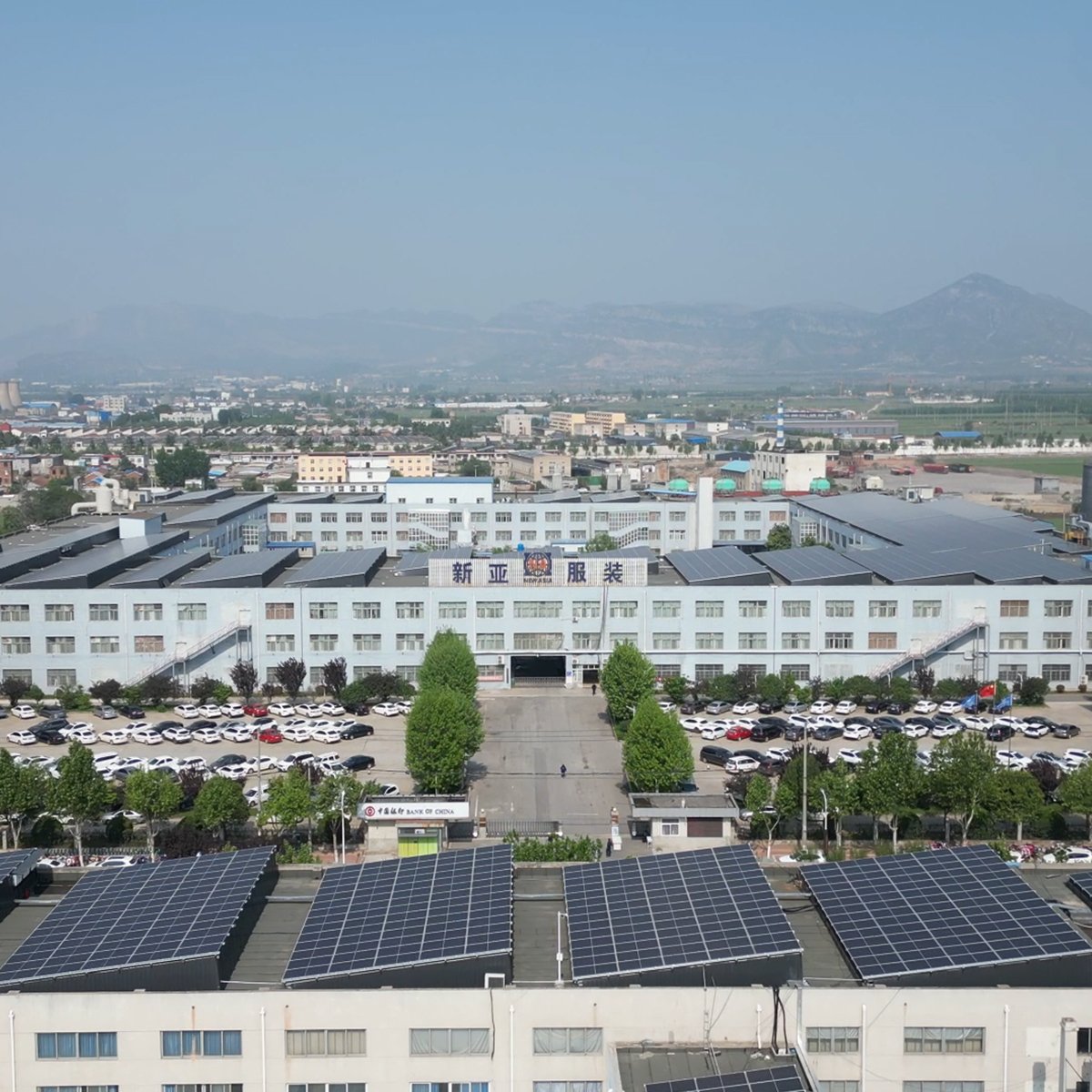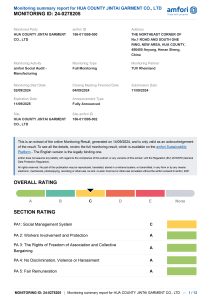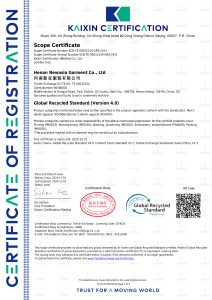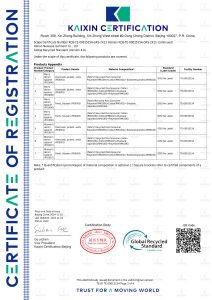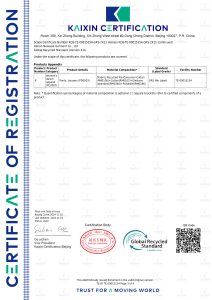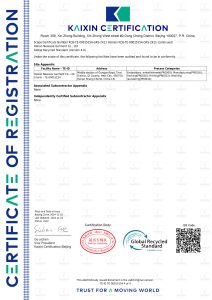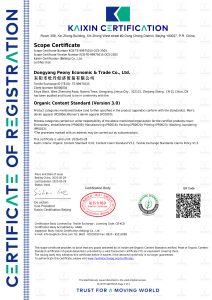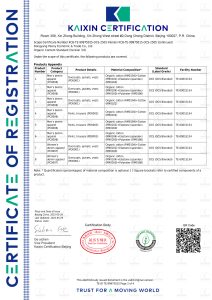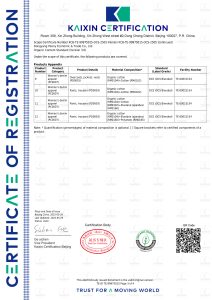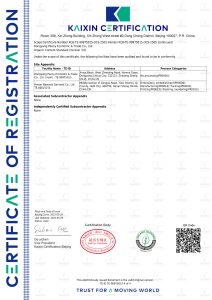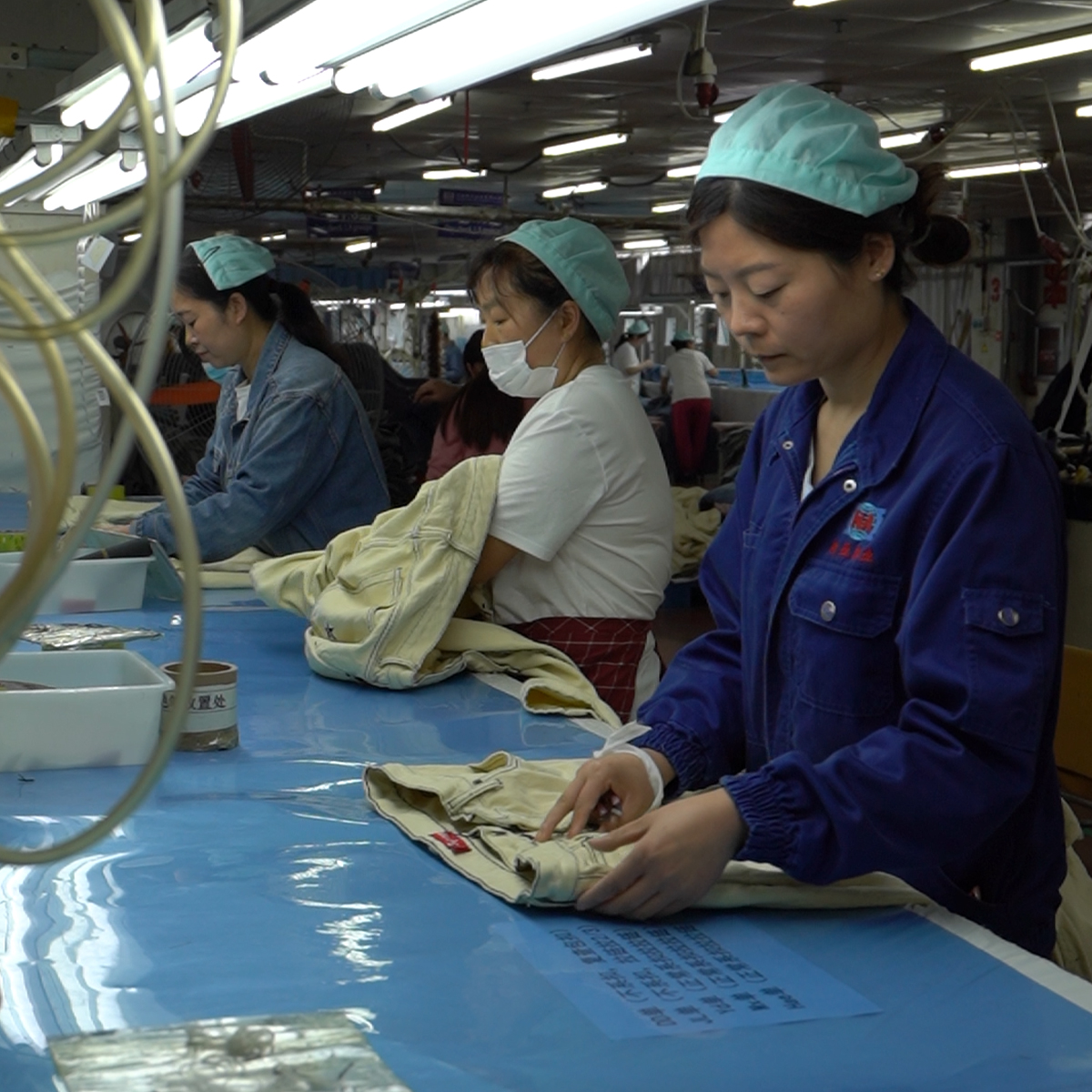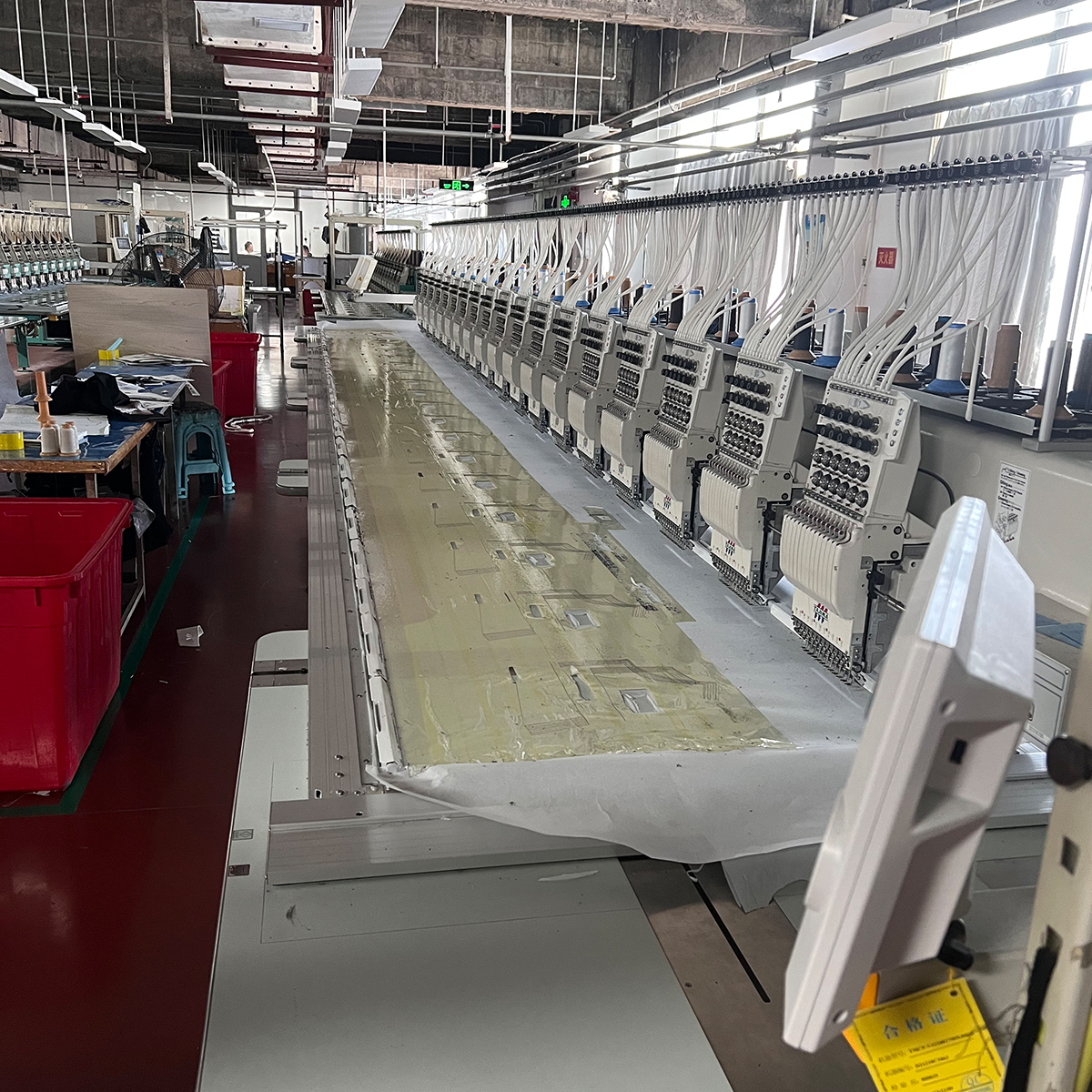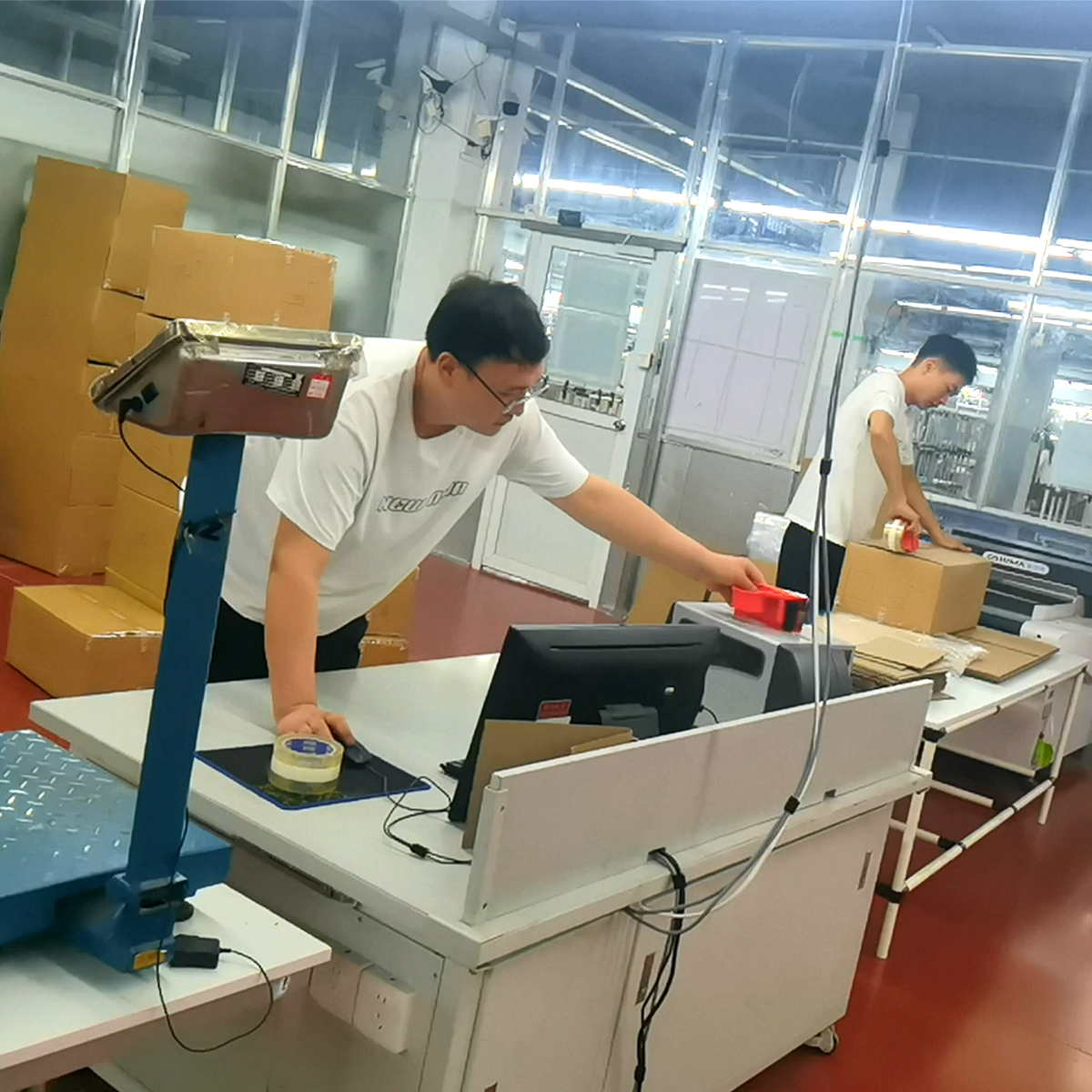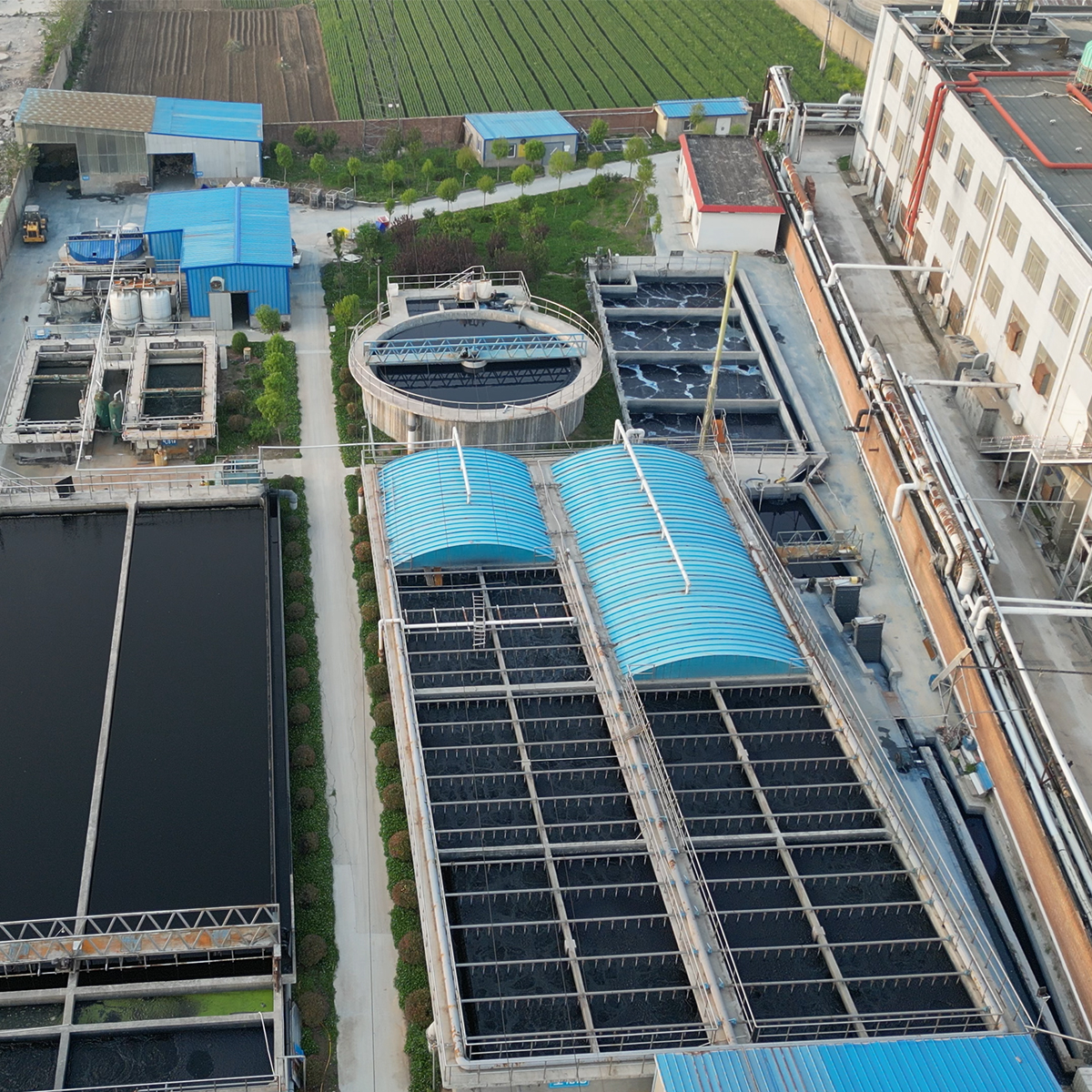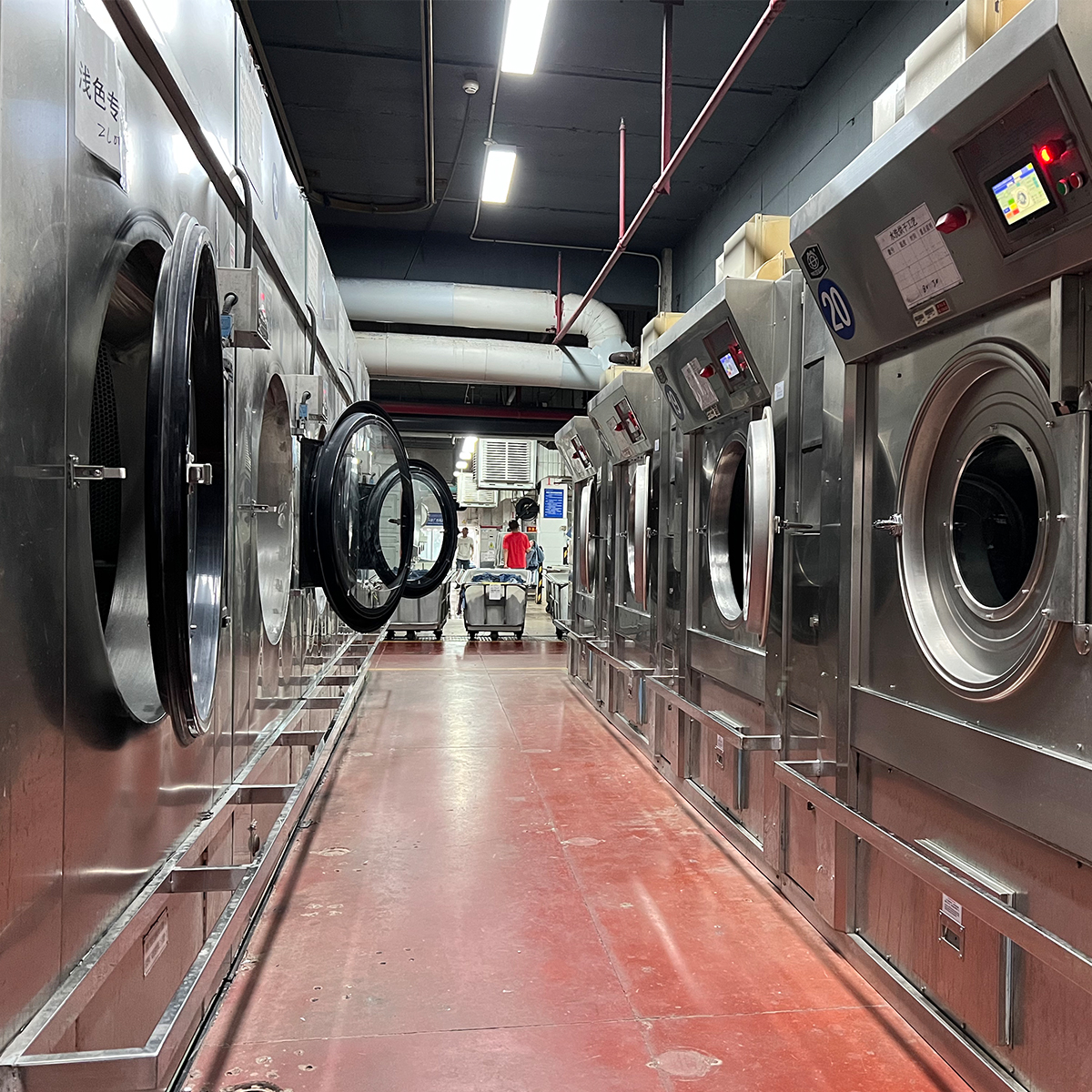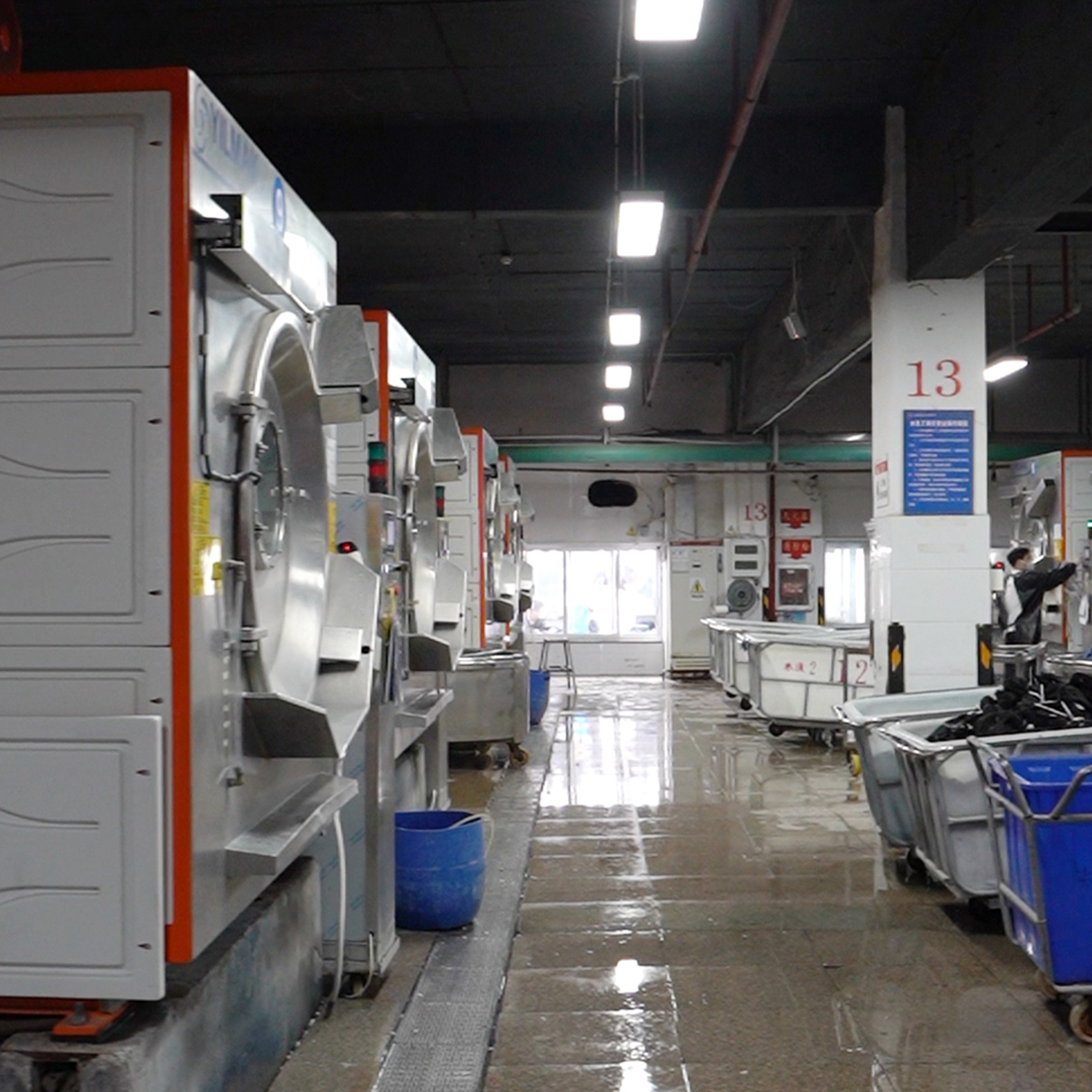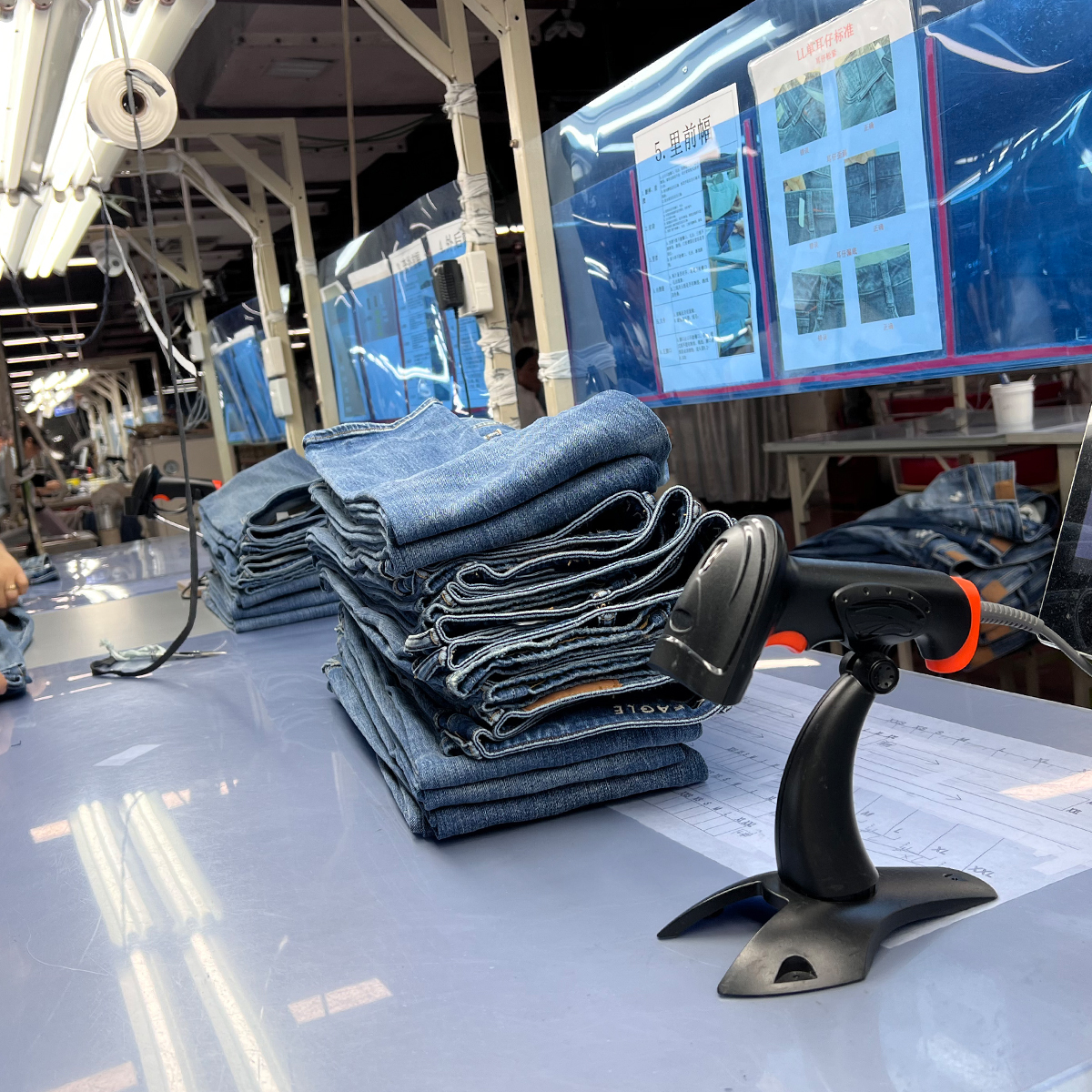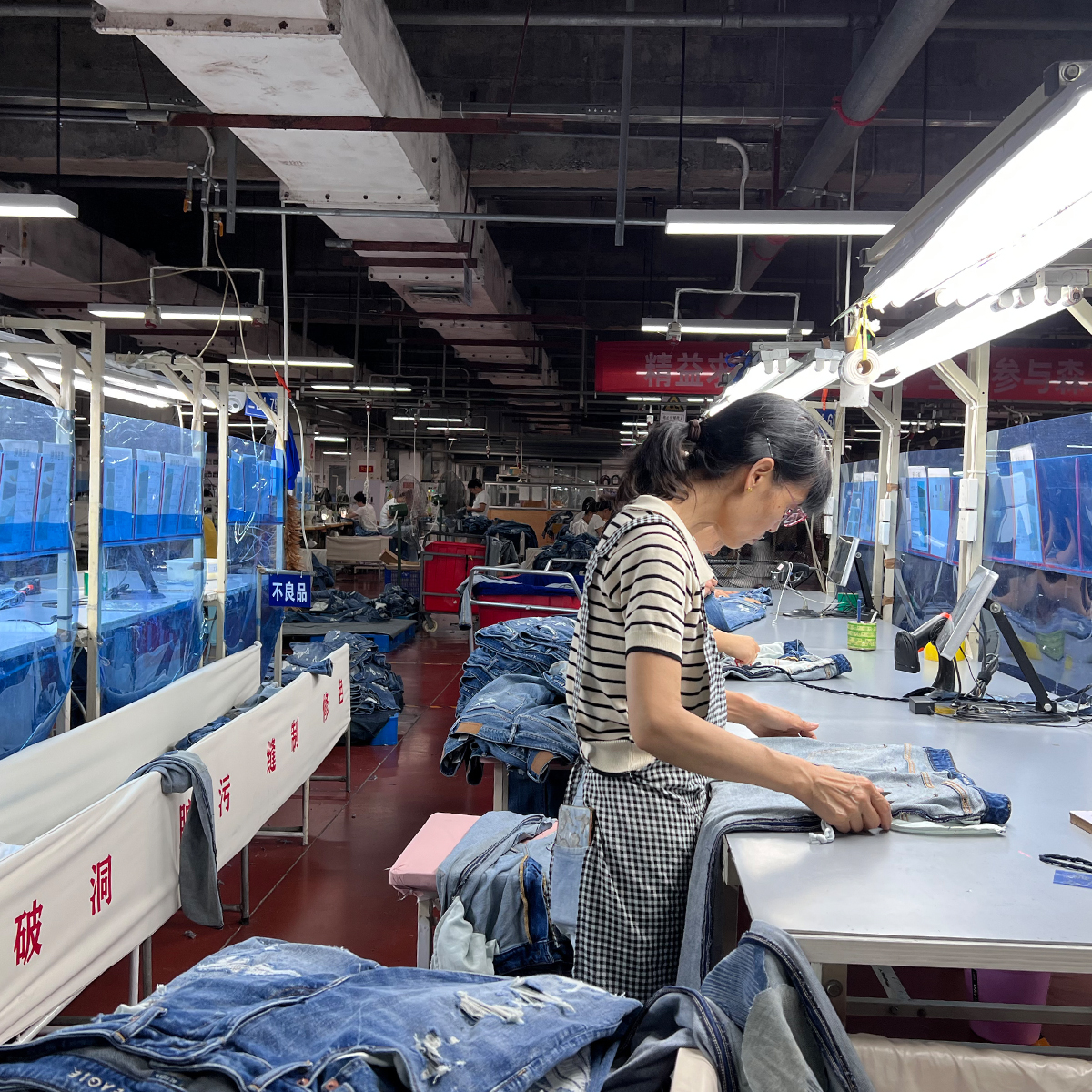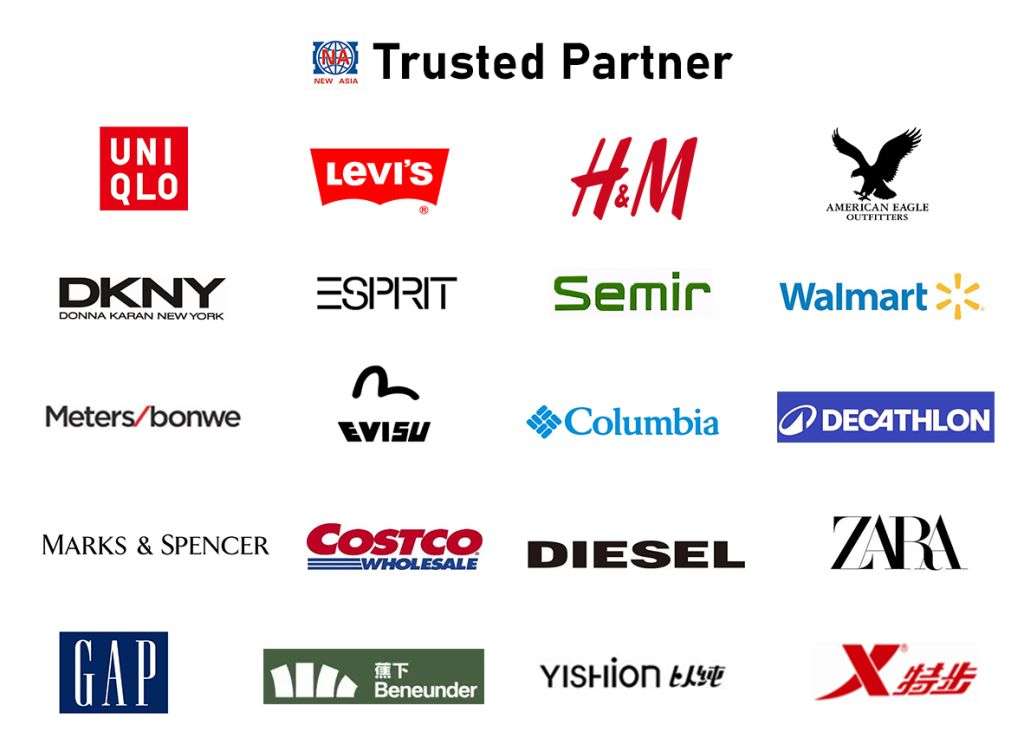When it comes to high-quality jeans, Turkish manufacturers have become renowned across the globe. Stretching from the historical city of Istanbul to the textile hubs of Gaziantep, Turkey is not only rich in culture but is also home to a booming textile industry specializing in denim. This article explores the intricacies of Turkish jeans manufacturers, the unique qualities that set them apart, and the factors contributing to their success in the competitive global market.
The Historical Relevance of Denim in Turkey
Denim production in Turkey is a tale that intertwines tradition with innovation. The history of denim in Turkey dates back several decades, with local artisans initially handcrafting jeans to cater to traditional styles. As time progressed, technological advancements led to a shift in mass production, positioning Turkey as one of the top producers of denim fabric in the world.
Today, Turkish manufacturers take pride in their rich history while blending advanced techniques. From using eco-friendly materials to promoting sustainable practices, they embody an ethos of innovation alongside their esteemed heritage. The country is now recognized for producing some of the world’s finest denim apparel, marked by durability and style.
Why Choose Turkish Jeans Manufacturers?
There are several reasons why brands and retailers around the world choose Turkish jeans manufacturers:
1. Quality and Durability
Turkish denim is well-regarded for its quality and durability. Manufacturers employ high-quality raw materials combined with state-of-the-art production techniques to ensure that each pair of jeans can withstand the test of time. With a stringent quality control process in place, brands can trust that products coming from Turkey are of the highest standards.
2. Variety of Styles
Turkish manufacturers cater to various market segments by offering a diverse range of denim products. From high-end designer jeans to affordable fast fashion options, Turkey’s capacity to produce a wide variety of styles makes it an attractive source for international brands. In addition to traditional cuts, many manufacturers embrace contemporary trends, incorporating unique washes, embellishments, and fits into their collections.
3. Sustainable Practices
As global consciousness about sustainability rises, Turkish denim manufacturers have adapted by adopting environmentally friendly practices. Many factories comply with international standards aimed at reducing the carbon footprint through energy-efficient machinery, reduced water consumption, and the use of organic cotton. Such initiatives appeal to both i.c. consumers and businesses prioritizing sustainability in their sourcing decisions.
4. Strategic Location
Turkey’s strategic geographical location serves as a bridge between Europe and Asia, making it an advantageous hub for textile manufacturing and export. This central position allows for fast shipping times to Europe and the Middle East, which is particularly appealing for brands who wish to deliver their products in a timely manner while maintaining low transportation costs.
Challenges Facing Turkish Jeans Manufacturers
Despite the positive attributes, the Turkish denim industry faces challenges that must be addressed to sustain its position in the global market. Some of the key challenges include:
1. Market Competition
As with any industry, competition plays a significant role in how Turkish manufacturers strategize their business operations. Facing strong competitors from countries like China, India, and Bangladesh, Turkish manufacturers must continuously innovate and enhance their production techniques to remain competitive.
2. Economic Fluctuations
The economic environment can be volatile, with inflation and currency fluctuations directly impacting production costs and profit margins. Manufacturers need robust financial strategies to navigate and mitigate the impact of such economic changes.
3. Compliance Regulations
Meeting international compliance standards is essential for accessing global markets. Producers must continuously invest in certifications and maintain transparency in their manufacturing processes to meet the demands of increasingly knowledgeable consumers.
The Future of Turkish Denim Production
The future of Turkish jean manufacturers looks promising as they are committed to innovation and quality. By leveraging advanced technologies, such as digital printing techniques and automated production lines, manufacturers can reduce production times while customizing products to meet specific consumer demands. Such agility will enhance their competitiveness and secure their place as frontrunners in the global denim marketplace.
A Case Study: Leading Turkish Jeans Brands
Several brands are paving the way for the Turkish denim industry. One prime example is Kivanc, noted for combining contemporary styles with traditional craftsmanship. Having expanded its operations internationally, Kivanc demonstrates the global appeal of high-quality Turkish jeans.
Another notable mention is Mavi, a brand that has garnered a loyal following due to its commitment to sustainable practices. Mavi’s focus on eco-friendly materials and production methods distinguishes it in the ever-competitive fashion industry, proving that sustainability and style can coexist.
How to Collaborate with Turkish Jeans Manufacturers
For brands looking to collaborate with Turkish jeans manufacturers, it is crucial to conduct thorough research to identify manufacturers that align with their values and goals. Building relationships through direct communication and transparency can help establish a mutually beneficial partnership. Additionally, engaging with manufacturers who prioritize sustainability can not only enhance a brand’s reputation but also appeal to environmentally conscious consumers.
The Role of Technology in Turkish Denim Production
Embracing technology is vital for Turkish manufacturers as they navigate the complexities of the global market. Automation, Artificial Intelligence (AI), and 3D modeling are becoming pivotal in modern production lines. Technology enables producers to anticipate market trends, reduce waste, and streamline operations, positioning them for continued growth in the future.
The Look Ahead: Consumer Preferences and Trends
As fashion trends continue to evolve, so do consumer preferences. Turkish jeans manufacturers need to stay ahead by embracing trends such as casualwear, athleisure, and upcycled fashion. Engaging with influencers and utilizing social media effectively can also boost brand visibility and connect directly with consumers.
In conclusion, the landscape of Turkish jeans manufacturing is vibrant and filled with potential. By continually focusing on quality, sustainability, and innovation, Turkish manufacturers are set to influence the global denim industry for years to come.



